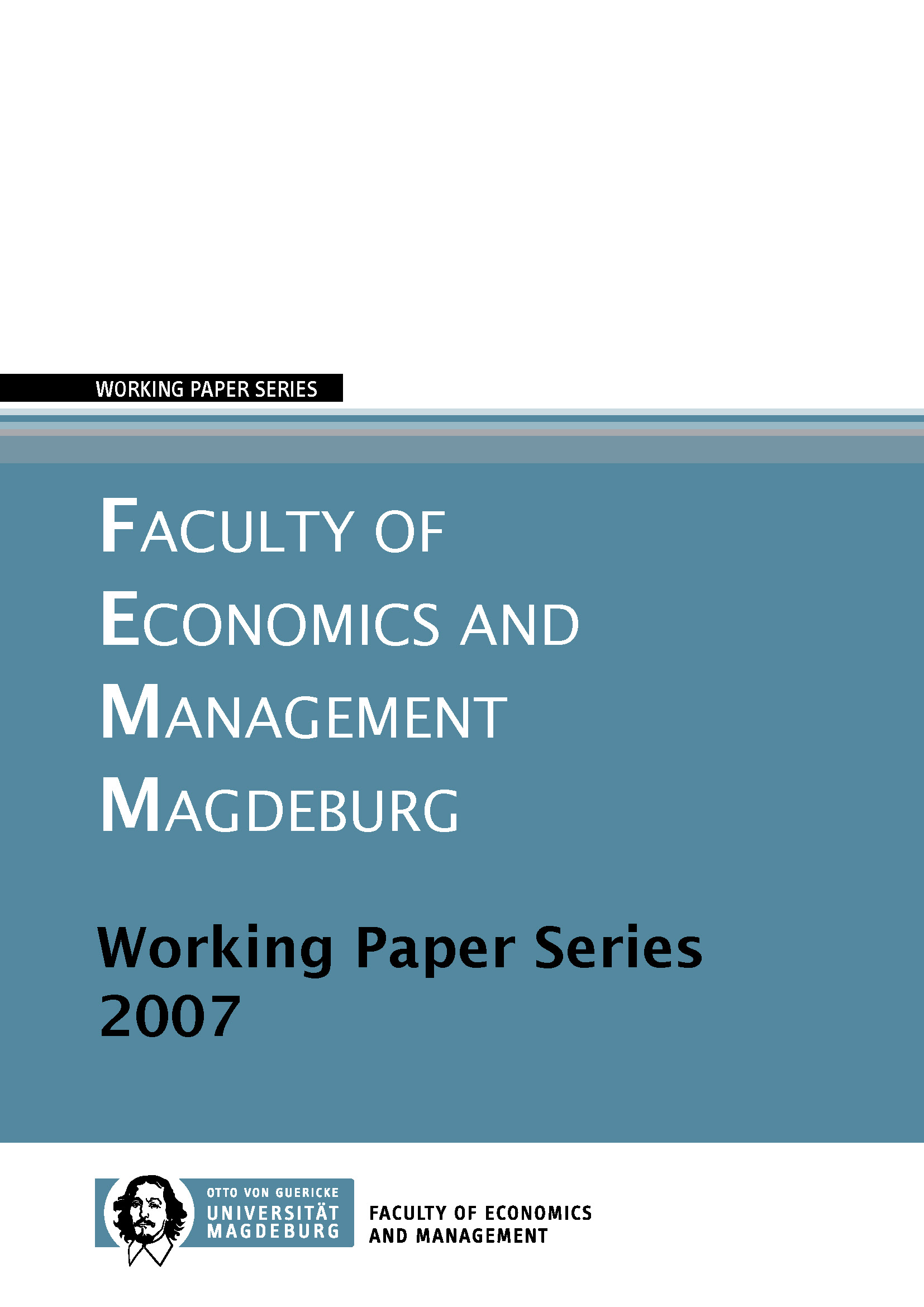Quantifying the psychological costs of unemployment
The role of permanent income
DOI:
https://doi.org/10.24352/UB.OVGU-2018-325Schlagworte:
unemployment, happiness, life satisfaction, permanent incomeAbstract
Unemployment causes significant losses in the quality of life. In addition to reducing individual income, it also creates non-pecuniary, psychological costs. We quantify these non-pecuniary losses by using the life satisfaction approach. In contrast to previous studies, we apply Friedman's (1957) permanent income hypothesis by distinguishing between temporary and permanent effects of income changes. This allows us to account for intertemporal spillovers of income compensations. Our results show that, without this distinction, the non-pecuniary costs of unemployment are overestimated by roughly one-third. Nevertheless, the non-pecuniary costs of unemployment with this modified quantification method still amount to 2.3 (1.5) times the pure pecuniary costs of unemployment for men (women).This confirms the high value of work for life satisfaction.


